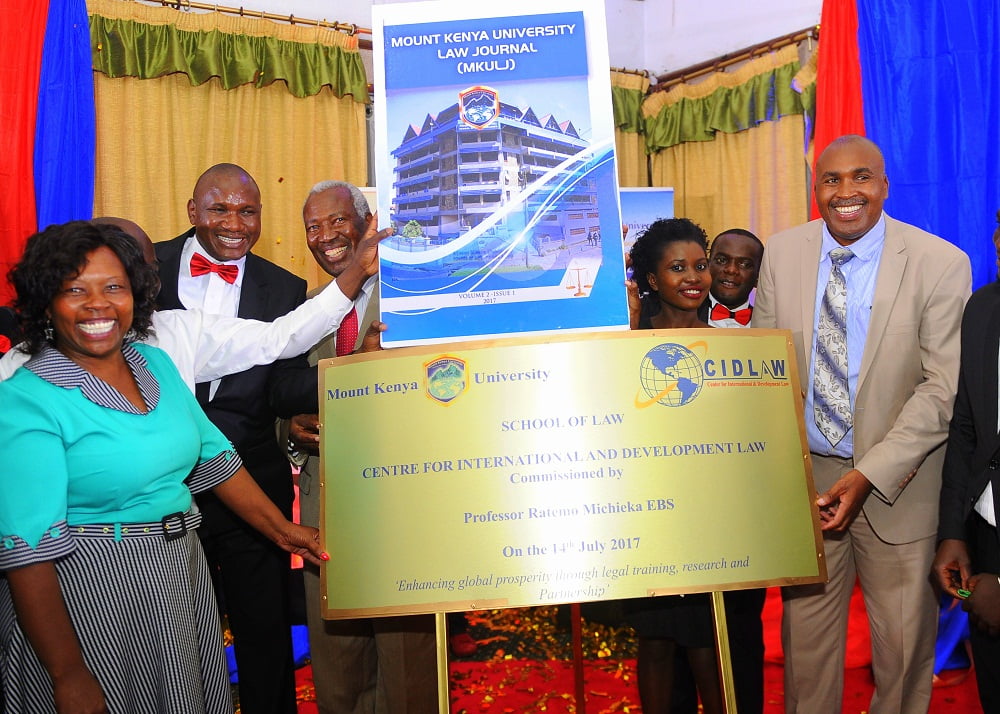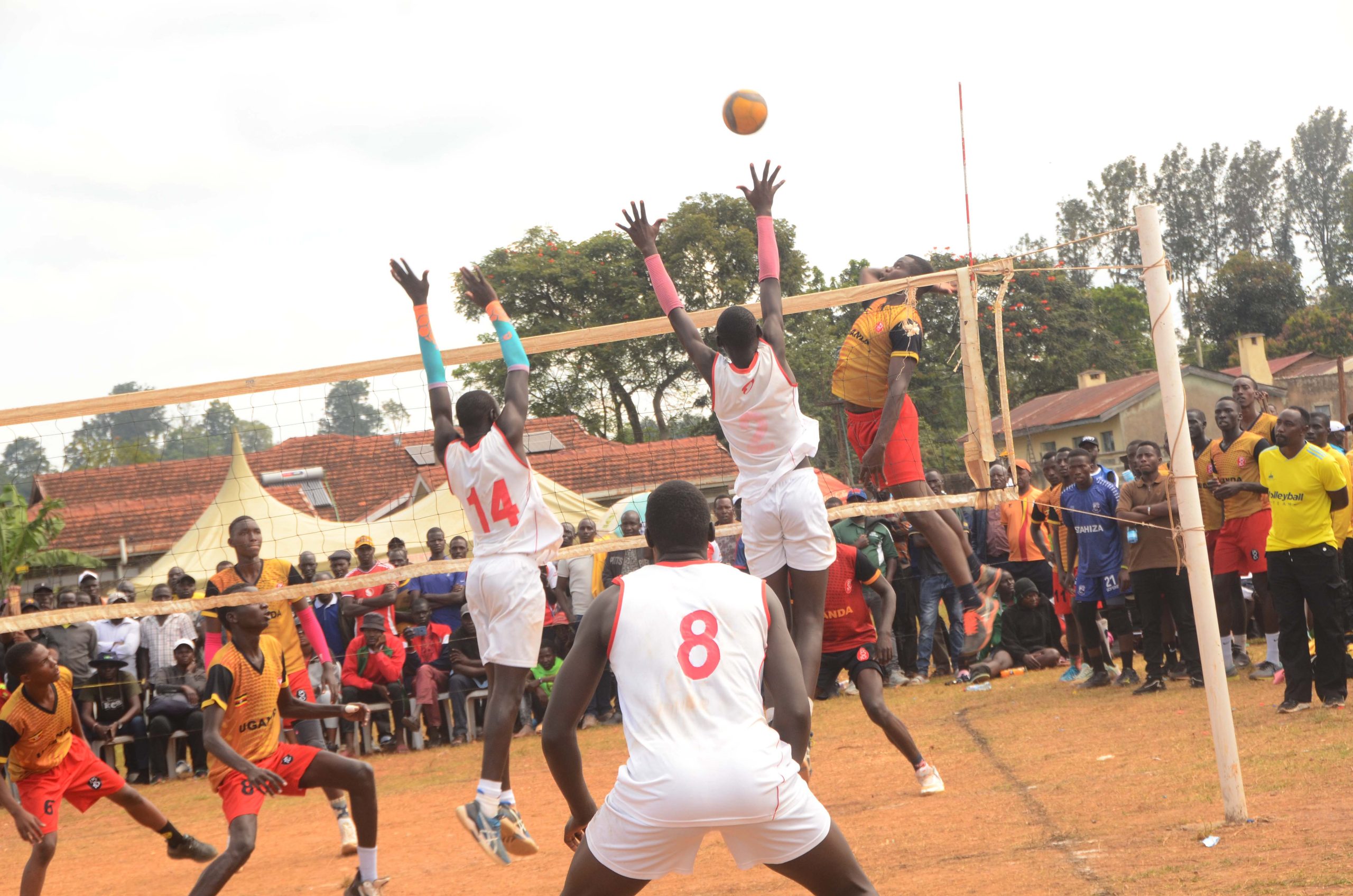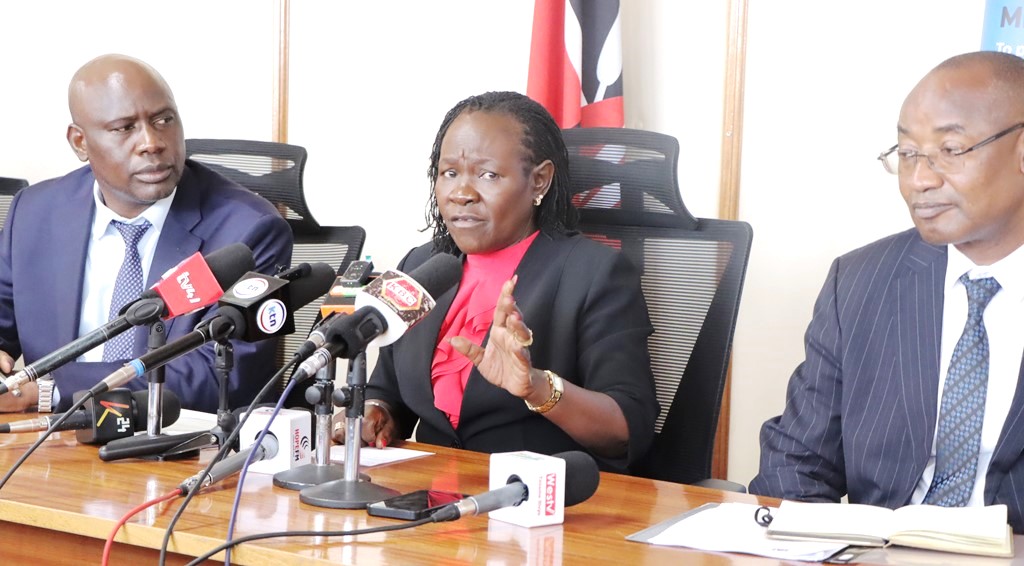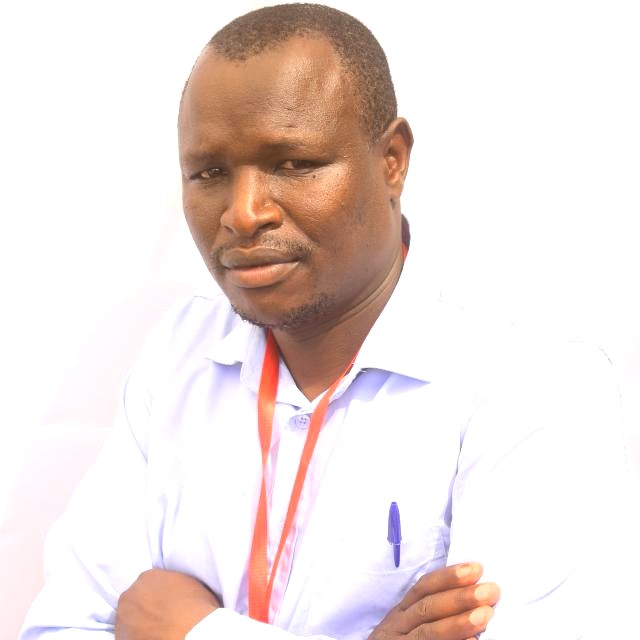By James Wakahiu
Mount Kenya University (MKU) is in the process of upgrading its ICT infrastructure so as to host more than 100,000 online learners at any time for different learning activities as demand continues to surge.
Dr. Merceline Kamande, the university’s principal for the Directorate of Open Distance and Electronic Learning (ODEL) says they had 5,292 students by 2018 while by the end of 2021, the number had grown to 15,874.
“It is also projected that the numbers will continue to rise as more people are open to alternate approaches of in education more than it was a few years ago,” Dr. Kamande says.
“The university embarked on e-learning in 2010 when the online learning platform was first developed to host only two programmes. The current student population accessing education through the Open Distance Electronic Learning (ODEL), are in excess of 15,000 in 65 degree programmes,” says Dr. Kamande in a recent interview.
The students are distributed throughout all MKU campuses as well as Diaspora centres in various parts of the county as well as in Burundi, Rwanda, Uganda, and Hargesia (Somaliland). Additionally, the ODEL directorate serves students in other parts of the world including South Sudan, Tanzania, Qatar, Canada and USA, among others. “The students have a choice of study between the blended mode of study and a virtual mode of study based on their locality and convenience,” adds Dr Kamande.
ODEL offers certificate, diploma, bachelors, postgraduate and masters programmes through two modes: Digital learning and Distance and Institution-based Learning (DIBL). The Digital Learning mode offers opportunities to online students who have no opportunities for a face to face interaction. Instructor student interaction is online through the digital learning management system.
According to Dr Kamande, the Coronavirus pandemic had a huge impact on the education sector just like in all other sectors worldwide. However, when face-to-face teaching and learning was suspended by the government in line with WHO’s recommendations, MKU was among the few universities in the country that remained afloat by integrating their students to the online platform. “In this way, the university continued to offer uninterrupted teaching and learning services online. This ensured that students who were due for graduation were able to do so without delays,” she added.
The university has a stable and a dedicated fibre optic connectivity powered by KENET. MKU has also invested heavily in a robust e-learning management system, Sakaj and other platforms such as Microsoft teams, and office 365 collaboration tools that support all kinds of online learning needs of the institution.
To ensure quality, MKU has developed examination rules and regulations that guide the process. In addition, the institution has developed Online Examination Guidelines to be followed in the administration of online tests. Examinations are uploaded in the university’s approved online platform and the registered students are able to access the papers from their respective portals.






